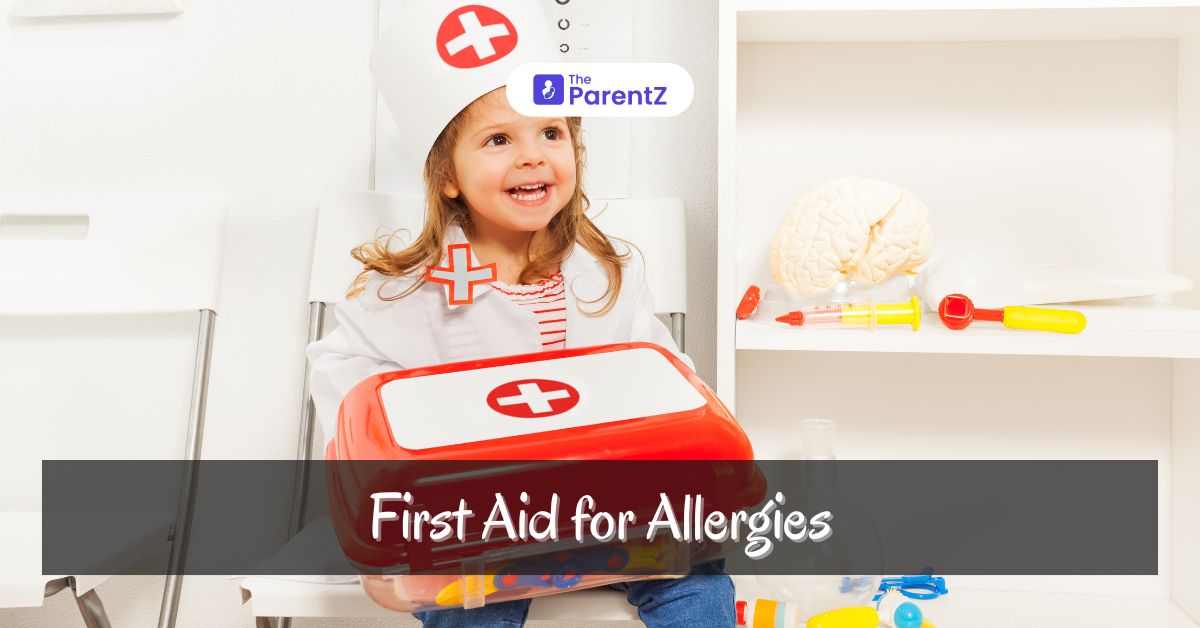What are Allergies?
Allergies are hypersensitive immune responses to substances that are generally harmless to most people. These substances, known as allergens, can include pollen, dust mites, pet dander, certain foods, insect stings, medications, and more. When a person with allergies encounters an allergen, their immune system mistakenly identifies it as a threat and releases chemicals like histamine to fight it off. This response can lead to various symptoms such as sneezing, itching, swelling, rashes, and in severe cases, anaphylaxis—a potentially life-threatening condition. They are a common health concern that can range from mildly irritating to potentially life-threatening.
What Causes Allergies?
The cause of allergies involves a combination of genetic and environmental factors. If one or both parents have allergies, their children are more likely to develop them. When an individual with allergies comes into contact with an allergen, their body produces antibodies called Immunoglobulin E (IgE) which trigger the release of chemicals like histamine, which cause the symptoms of an allergic reaction. Environmental factors such as exposure to allergens during infancy, pollution, and lifestyle changes also play significant roles. The immune system’s sensitivity to specific allergens can vary widely from person to person, making some more susceptible to allergic reactions than others.
What Should I Do Immediately?
When an allergic reaction occurs, quick and appropriate action can prevent the situation from worsening.
- Remove the Allergen: If possible, identify and remove the source of the allergen. For instance, if it’s a food allergy, stop eating the food. If it’s a sting, carefully remove the stinger.
- Administer Antihistamines: Over-the-counter antihistamines can help reduce mild symptoms like itching and hives.
- Cold Compress: Applying a cold compress can reduce localised swelling and itching.
- Hydrate: Drinking water can help flush allergens out of the system.
- Using an Epinephrine Auto-Injector: For severe allergic reactions (anaphylaxis), use an epinephrine auto-injector immediately if prescribed. Inject it into the outer thigh and hold for a few seconds.
- Stay Calm and Monitor: Keep the person calm and monitor their symptoms. Lay them down and elevate their legs if they feel faint.
- Seek Medical Attention: Even if symptoms improve after using an epinephrine auto-injector, it is crucial to seek medical attention immediately, as further treatment may be necessary.
When Does My Child Need to See a Doctor?
Consult a doctor if your child experiences any of the following:
- Persistent or recurrent allergic symptoms such as chronic sneezing, itching, or skin rashes.
- Suspected food allergies or severe reactions to foods, even if they seem mild.
- Difficulty breathing, wheezing, or asthma symptoms triggered by allergies.
- Unexplained swelling, particularly around the eyes, lips, or face.
- Symptoms that interfere with daily activities, such as sleep disturbances or constant discomfort.
A doctor can perform tests to identify specific allergens and develop a management plan tailored to your child’s needs.
When Should I Call Emergency Services?
Call emergency services immediately if there are symptoms of anaphylaxis. Such symptoms of an extreme allergic reaction are:
- Difficulty breathing or shortness of breath.
- Swelling of the lips, tongue, or throat.
- Severe abdominal pain, vomiting, or diarrhoea after exposure to an allergen.
- Rapid or weak pulse.
- Loss of consciousness or fainting.
- Severe dizziness or a drop in blood pressure.
Anaphylaxis is a medical emergency that requires immediate intervention. Do not wait to see if symptoms improve on their own.
How to Prevent Allergies?
Preventing allergic reactions involves minimising exposure to known allergens and managing environments to reduce allergen presence.
- Identify and Avoid Allergens: Work with your doctor to identify specific allergens and create a plan to avoid them. This may involve dietary changes, pet management, or environmental modifications.
- Create Allergen-Free Zones: Maintain clean, allergen-free areas in your home, particularly bedrooms. Use air purifiers, dust-mite-proof bedding, and regular cleaning routines.
- Educate and Inform: Teach your child about their allergies and how to avoid triggers. Inform caregivers, teachers, and friends about your child’s allergies and emergency plans.
- Use Preventive Medications: For some allergies, doctors may prescribe preventive medications or immunotherapy (allergy shots) to reduce sensitivity over time.
- Medical Identification: Consider making your child wear medical identification tags that details the allergy and emergency contact information.
- Read Labels and Be Cautious: Always read food labels carefully and be cautious of cross-contamination when dealing with food allergies.





Be the first one to comment on this story.